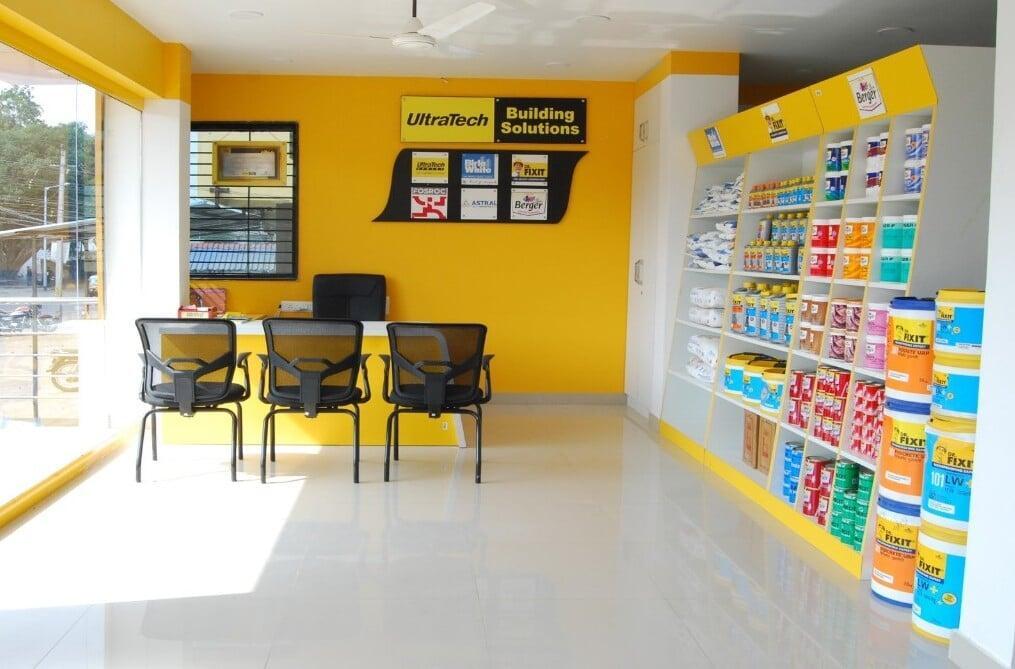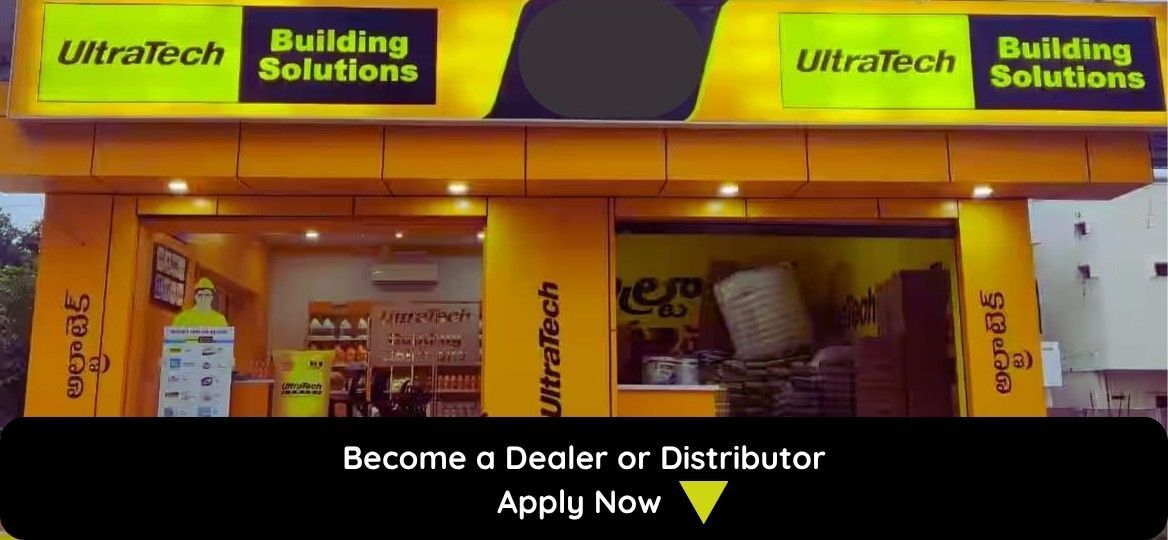
India's construction sector is booming, fueled by rapid urbanization, infrastructure development, and a growing population. This makes a cement dealership business an incredibly promising venture for aspiring entrepreneurs. As the backbone of every construction project, cement offers a consistent and high-demand product, making a dealership a stable and potentially very profit able business.
Why Invest in a Cement Dealership?
Key Requirements for Starting Your Cement Dealership
Setting up a successful cement dealership involves a few crucial steps and considerations:
Investment Capital:
- The initial investment can range from ₹3 lakhs to ₹10 lakhs or more, depending on the brand, scale of operations, and location.
- This typically includes:
- Security Deposit: Often ₹1 lakh to ₹5 lakhs (some companies may offer interest on this).
- Initial Stock Purchase: ₹1 lakh to ₹2 lakhs for inventory.
- Infrastructure & Setup: Rent/lease advance for your godown and office, interior setup, shelving, and basic office equipment.
- Working Capital: Funds for daily operations, staff salaries, transportation, and unforeseen expenses.
Space and Location:
- Godown/Warehouse: A minimum of 500 sq ft is generally required for safe and dry storage of cement bags. The location should be easily accessible for heavy vehicles (trucks for loading/unloading) and ideally close to high-demand areas (construction sites, residential developments).
- Office: A dedicated office space for managing operations, customer interactions, and documentation.
Documentation and Licenses:
- Business Registration: Register your firm (Proprietorship, Partnership, LLP, etc.).
- GST Registration: Mandatory for all businesses dealing in goods and services.
- Trade License: Issued by the local municipal corporation.
- Shop & Establishment Act Registration: Required for your business premises.
- Land/Rental Agreement: Proof of your business premises.
- PAN Card, Aadhaar Card, Bank Statements (last 6 months), and ITRs (last 3 years).
- Some brands may require an MSME registration.
Market Knowledge & Network:
- Understand the local construction market, competitor landscape, and specific customer needs (builders, contractors, individual homeowners, government projects).
- Building a strong network with local builders, contractors, and masons is crucial for consistent sales.
Manpower:
- You'll need reliable staff for loading, unloading, delivery coordination, and managing office operations. Typically, 2-4 skilled and unskilled workers are a good starting point.
